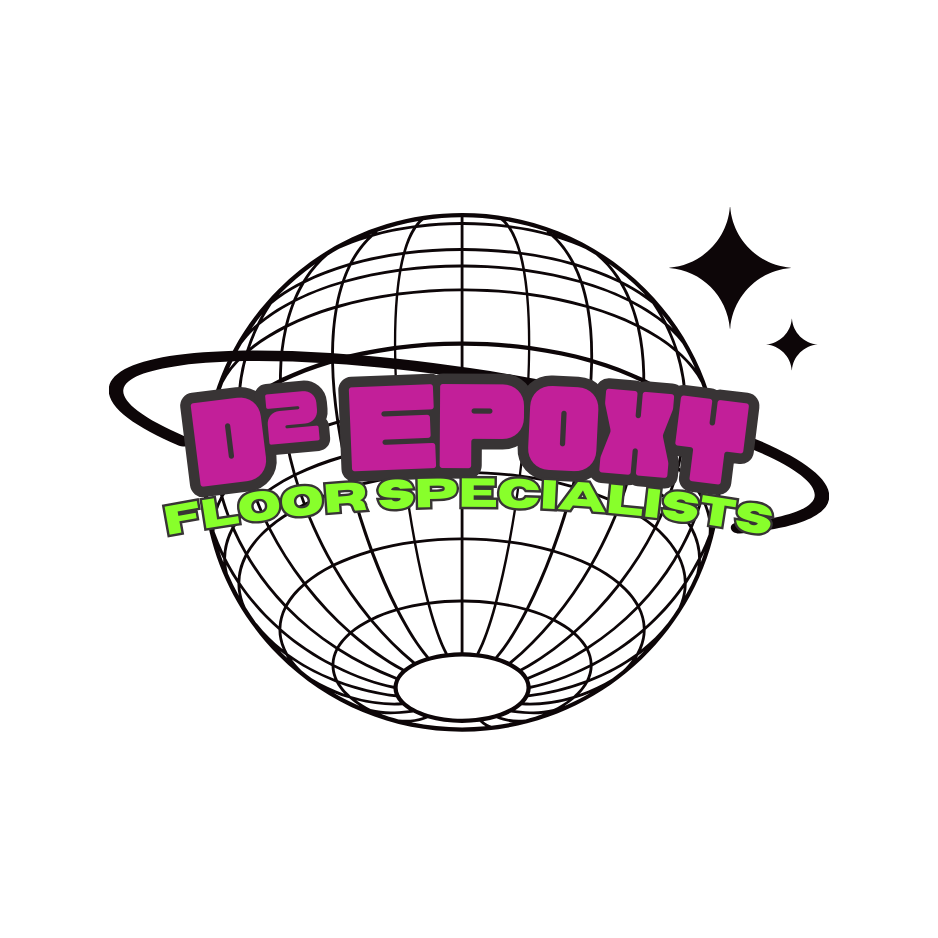Transform Your Space with Premium Epoxy Flooring Solutions
Elevate your space with durable, stylish, and customized epoxy flooring that stands the test of time.
Expert & Professional Services
-
Free Estimations
D² Epoxy is happy to provide you with a free no hassle estimation, we typically base our estimates off of square footage, so if you have a rough idea of the size of your space we can have a ballpark figure for you over the phone. Some circumstances call for different approaches, sometimes a few photos of the area go a very long way in the estimation process.
-
Competitive Pricing
At D² Epoxy, We believe that exceptional epoxy flooring shouldn't come with an exorbitant price tag. Our mission is to provide high-quality, affordable solutions that fit your budget without compromising on craftsmanship or materials. We are committed to offering competitive pricing that makes transforming your garage both accessible and cost-effective.
-
24-Hour Service
We understand that emergencies can happen at any time, day or night. That's why we offer 24-hour services to address your urgent epoxy flooring needs whenever they arise. Whether it's unexpected damage, safety hazards, or time-sensitive projects, our dedicated team is ready to respond promptly and professionally.
-
Licensed & Insured
At D² Epoxy, we understand that trust is paramount when inviting professionals into your space. That's why we're proud to be a fully licensed and insured epoxy flooring company. Our credentials not only reflect our commitment to industry standards but also provide you with peace of mind knowing your project is in capable and responsible hands.
Why Our Licensing Matters:
Compliance with Regulations: Our license signifies adherence to all local and state regulations, ensuring that every project we undertake meets strict quality and safety standards.
Skilled Expertise: Being licensed demonstrates that our team possesses the necessary training and expertise to deliver exceptional epoxy flooring solutions.
Get a FREE quote
Contact Us
We will get back to you as soon as possible.
Please try again later.
Our Services
As Floor Coating Specialists, we are dedicated to providing you with reliable, professional service to meet all your needs.
Commercial Epoxy
Ideal for showrooms, workshops, and retail spaces, our commercial epoxy flooring solutions are built to handle high traffic and heavy use.
Home & Garage
Transform your garage into a functional and attractive space with our residential epoxy flooring solutions.
Customized Epoxy
Personalize your space with custom designs, colors, and patterns that will transform your space ito a beautiful masterpeice.
Explore What's Involved with D² Epoxy
Initial Consultation and Assessment
- We begin by discussing your specific needs for the space, such as how the floor will be used, the desired color, finish (e.g., matte, gloss), and any special features like anti-slip additives or decorative elements (such as flakes or metallic finishes).
- We'll visit the site to measure the area and assess the current condition of the floor. This step helps us determine how much preparation is needed before the epoxy application and provides a clear picture of the overall scope of the project.
Surface Preparation
- Preparation is key to a successful epoxy floor. This usually involves cleaning the floor thoroughly and making necessary repairs, such as filling cracks or leveling uneven areas.
- Depending on the condition of the existing concrete, we may grind or sand the surface to remove any old coatings and create a rough texture. This helps the epoxy bond effectively to the concrete.
- If there are any moisture concerns, we may need to conduct a moisture test to ensure that the floor is dry enough for the epoxy to adhere properly.
Application Process
- Once the floor is prepared, we’ll mix the epoxy components and apply the first layer, usually called the base coat. We typically use specialized tools like rollers or squeegees to spread the epoxy evenly across the surface.
- If you’ve chosen decorative options like color flakes or metallic effects, they will be applied at this stage while the epoxy is still wet.
- After the base coat has had time to dry and cure, we may lightly sand it to remove any imperfections before applying a clear topcoat for added durability and a glossy finish.
Curing Time
- After the epoxy is applied, it will need time to cure. For light foot traffic, the floor usually requires about 24 hours to dry. For heavier use, like vehicles or industrial equipment, we recommend allowing 48–72 hours for the floor to fully cure.
- During this curing period, the area must be kept clear of foot traffic, pets, and any equipment to avoid damaging the fresh epoxy.
Completion and Maintenance
- Once the floor has cured, we will inspect it to ensure a smooth, even finish and that everything meets your expectations.
- We’ll also provide guidance on how to maintain your new epoxy floor. This typically includes advice on cleaning, avoiding harsh chemicals, and any special care requirements depending on the environment (e.g., garages, warehouses, or commercial spaces).
Scheduling and Timing
- Most residential epoxy floor projects take 2-3 days from start to finish, including preparation, application, and curing time. Larger commercial or industrial spaces may require a longer timeframe, depending on the size and condition of the floor.
We’ll coordinate the schedule with you in advance to ensure minimal disruption to your home or business.
What is Epoxy Flooring?
Epoxy flooring is a type of floor coating made from a mixture of resin and hardener, which forms a durable plastic material when cured. This mixture chemically reacts to create a hard, long-lasting surface that bonds to concrete. Unlike traditional paints or sealants, epoxy coatings offer increased resistance to wear, chemicals, moisture, and impact.
Epoxy is often chosen for its strength and resilience, making it a common choice for areas that face high traffic, heavy loads, or chemical spills. It's also versatile in terms of aesthetics, offering a wide range of colors, textures, and finishes that can dramatically enhance the look of a space.
How Does Epoxy Flooring Differ from Other Flooring Types?
Many people ask how epoxy differs from other flooring solutions like tile, vinyl, or polished concrete. The key difference lies in its durability and bond with the underlying surface. Unlike vinyl or tiles, which sit on top of the subfloor, epoxy flooring chemically bonds to the concrete beneath, creating a seamless and robust surface. This makes it particularly well-suited for areas that demand durability and moisture resistance.
Polished concrete is another popular choice, especially in basements, but while it provides a glossy, modern finish, it doesn’t offer the same level of chemical resistance or impact protection as epoxy. Epoxy coatings add an extra layer of protection that’s ideal for spaces like garages where tools, vehicles, and other heavy items are commonly found.
Benefits of Epoxy Flooring
1. Durability
One of the most significant advantages of epoxy flooring is its durability. When applied correctly, epoxy forms a tough, chemical-resistant layer that can withstand a lot of wear and tear. This makes it perfect for high-traffic areas like garages or workshops.
2. Low Maintenance
Epoxy floors are easy to clean and require very little maintenance compared to other flooring options. Since they are seamless, there’s nowhere for dust, dirt, or moisture to hide, making it easy to keep them looking pristine with just a simple mop or sweep.
3. Aesthetic Appeal
Epoxy coatings come in a wide variety of colors and finishes. You can choose from solid colors, metallic sheens, or even decorative flakes to create a unique look that matches your style. The high-gloss finish also adds an element of luxury that can elevate the look of any space.
4. Chemical Resistance
Garages and workshops often face exposure to oil, gas, and other chemicals. Epoxy flooring is highly resistant to these substances, making it an excellent choice for these environments. Spills can be easily wiped away without leaving stains or damage.
5. Affordability
Compared to other flooring solutions that offer similar durability and visual appeal, epoxy flooring is often more cost-effective. The price per square foot tends to be lower, and since epoxy is so long-lasting, it also reduces the need for frequent replacements or repairs.
Drawbacks of Epoxy Flooring
While epoxy flooring has numerous benefits, it’s also important to be aware of its potential downsides so you can make an informed decision.
1. Application Process
Installing epoxy flooring can be labor-intensive. Proper surface preparation is crucial—any dirt, oil, or moisture can interfere with adhesion, leading to issues later on. For best results, it’s often recommended to have epoxy flooring installed by professionals who understand the nuances of the process.
2. Potential for Slipperiness
Depending on the finish and the environment, epoxy floors can be slippery, especially when wet. To mitigate this, anti-slip additives can be incorporated into the top layer, which is especially useful for garages and other areas where spills may occur.
The Epoxy Flooring Installation Process
If you’re considering epoxy flooring, it’s helpful to understand the steps involved in installation. Typically, the process includes:
- Surface Preparation: This is the most critical part. The concrete surface must be cleaned, degreased, and repaired if there are any cracks. It’s also essential to ensure the surface is dry.
Primer Application: In some cases, a primer may be applied to enhance adhesion between the concrete and the epoxy layer.
- Mixing the Epoxy: Epoxy resin and hardener are mixed in precise ratios. This step requires careful attention to ensure proper curing.
- Applying the Epoxy: The epoxy mixture is applied to the surface using rollers or squeegees, creating an even coat.
- Adding Decorative Elements (Optional): If a decorative finish is desired, like flakes or metallic swirls, they are added while the epoxy is still wet.
- Top Coat: Finally, a clear topcoat is applied to protect the design and provide a glossy finish.
Where to Use Epoxy Flooring in Your Home
Epoxy flooring isn't just for garages! It works well in:
- Basements: Create a waterproof, easy-to-clean surface that’s great for recreational areas or storage.
- Workshops: Protect your workspace from chemical spills, heavy tools, and frequent foot traffic.
- Laundry Rooms: Epoxy’s water resistance makes it a smart choice for laundry areas, minimizing the risk of damage from leaks.
- Outdoor Areas: With UV-resistant topcoats, epoxy can also be used in outdoor spaces like patios.
Is Epoxy Flooring Right for You?
Epoxy flooring has a lot to offer, but it’s not a one-size-fits-all solution. It’s perfect for homeowners who want a durable, easy-to-clean floor with a touch of style, but it may not be ideal for spaces where warmth and comfort underfoot are priorities, such as bedrooms or living rooms.
If you value resilience, low maintenance, and a sleek appearance, epoxy flooring is worth considering. It’s an investment that can elevate the look of your space while providing practical benefits for years to come.










